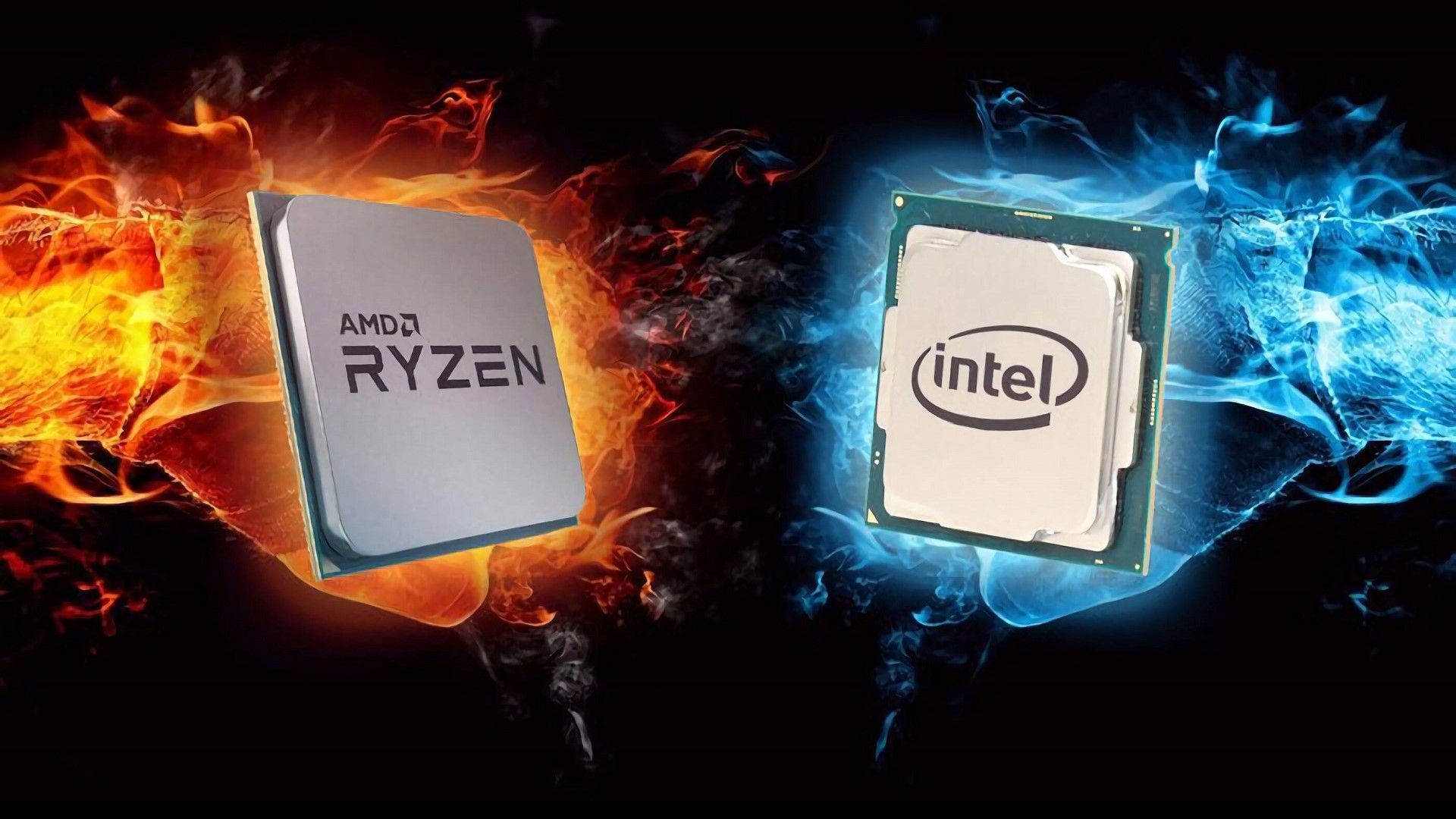
Title: Intel vs AMD: Choosing the Right Processor for Your Build
Introduction: Choosing the right processor (CPU) is a critical decision when building or upgrading a computer. The two major players in the processor market are Intel and AMD, each of which offers a line of processors with different specifications. In this article, we'll help you make an informed choice by comparing Intel and AMD processors and taking into account the factors that will guide your decision.
Productivity:
- Both Intel and AMD offer processors with varying levels of performance. High-end Intel processors often excel at single-threaded tasks, making them great for gaming. AMD Ryzen processors are known for their high multi-threaded performance, making them suitable for content creation and multitasking. {eleven}
- Check the compatibility of the processor with your motherboard. Intel processors typically require motherboards with LGA sockets, while AMD processors use AM4 or TR4 sockets. Make sure your motherboard supports the processor you are considering purchasing.
- Some Intel processors come with integrated graphics (Intel UHD Graphics), which are suitable for basic tasks. AMD's Ryzen APUs (processors with Radeon Vega graphics) provide faster integrated graphics performance, making them ideal for budget gaming builds without a dedicated GPU.
- If you plan to overclock your processor for better performance, choose an unlocked processor (such as Intel "K" series or AMD "X" series) and make sure your motherboard supports overclocking.
- Consider your budget and the value each processor offers. AMD often provides more cores and threads for the price, making them attractive to users on a budget. Intel processors may be more expensive, but may be superior in certain use cases.
- Choose a processor based on your specific needs. For gaming, a high-performance Intel processor may be preferable. For content creation or productivity tasks, choose an AMD Ryzen processor with more cores and threads.
- Consider the durability of your build. While predicting future software requirements is difficult, investing in a processor with a few extra cores and threads can help your system be future-proof.
- Make sure the processor you choose matches your cooling solution and power supply. High-performance processors may require more robust cooling solutions and larger power supplies.
- Review the warranty and support offered by Intel and AMD. Many processors come with warranties, but terms and duration may vary.
- Before making your final decision, check out reviews and benchmarks for the specific processors you're considering. Real-world performance tests can help you evaluate how your processor performs on the tasks you care about most.
Compatibility:
Integrated Graphics:
Acceleration:
Value for money:
Usage example:
Protection from the future:
Cooling and Power Requirements:
Warranty and support:
Reviews and benchmarks:
Conclusion: Both Intel and AMD offer a wide range of processors to suit different needs and budgets. The choice between them ultimately depends on your specific requirements, budget constraints, and performance preferences. By taking the factors mentioned above into account and doing thorough research, you can confidently select the right processor for your computer build.






